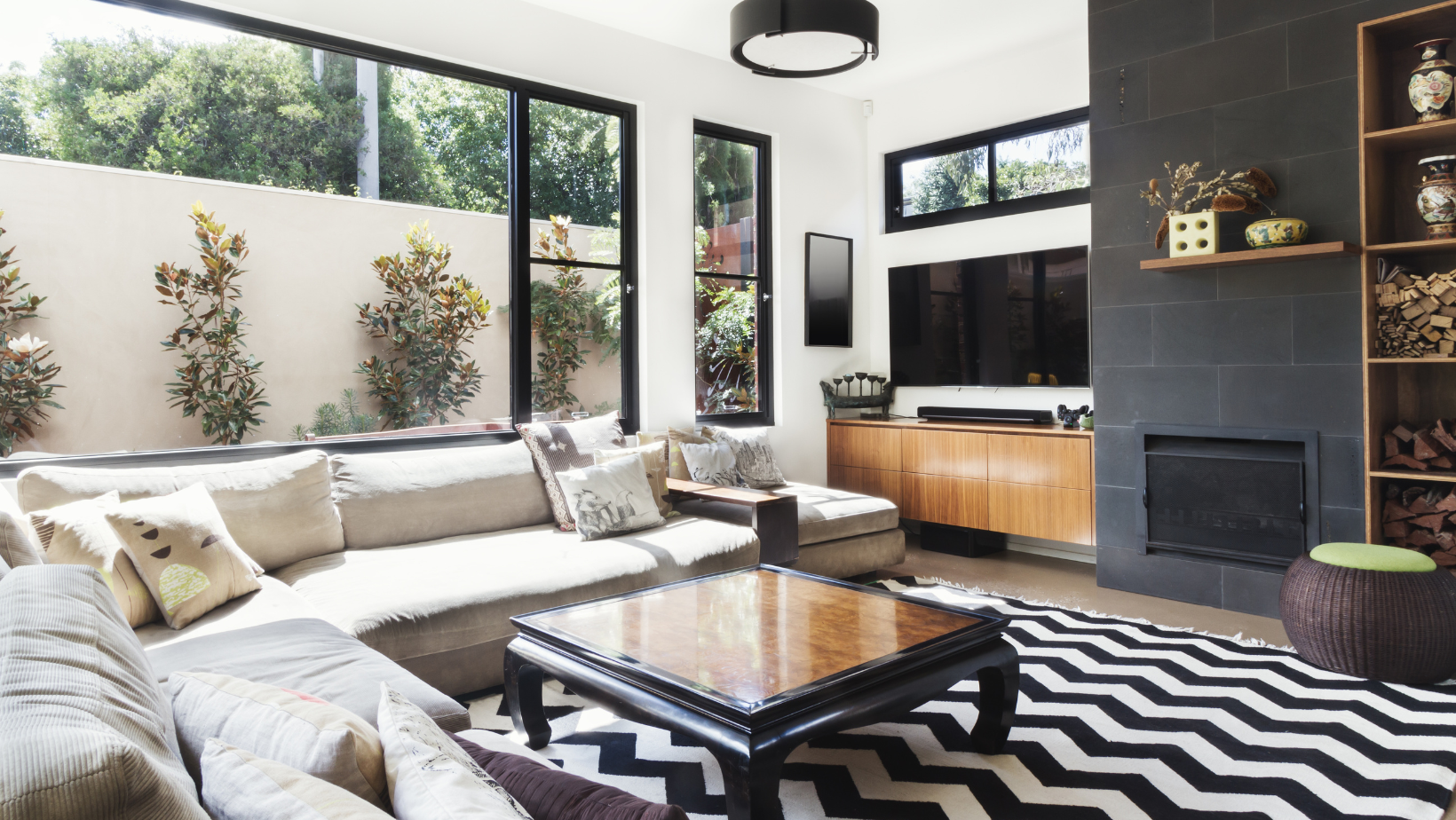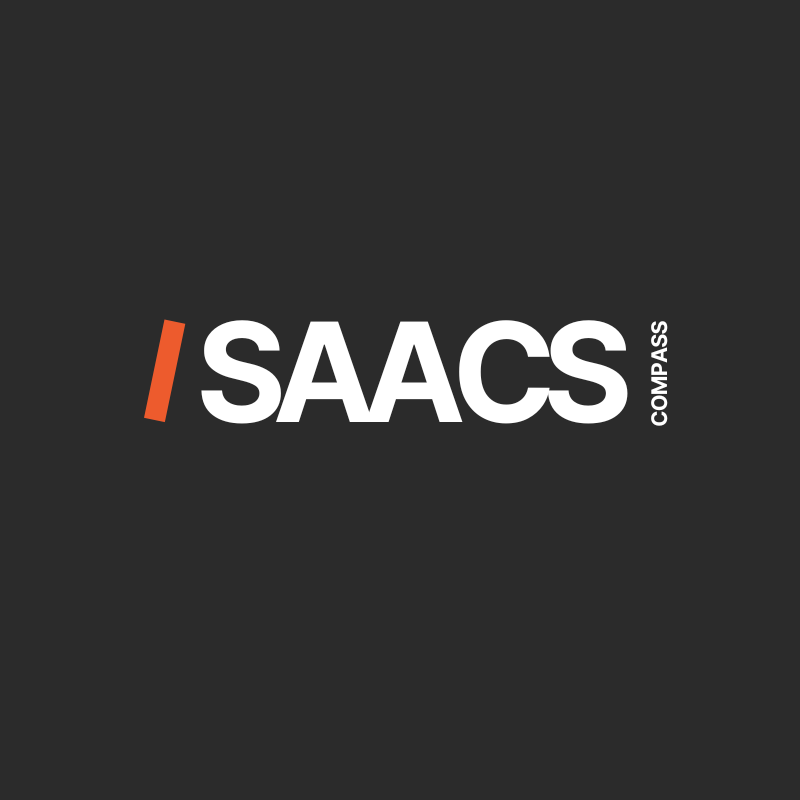Owning Investment Property in Washington DC
Make sure you understand DC landlord laws before launching your rental property business in Washington DC.

It's Profitable, But Know The Rules
Washingotn DC rental prices are among the highest in the nation. Data from Apartments.com shows a median rent price of $2,105 across all bedroom sizes throughout the District (Feb. 2024), ranking DC 14th among the nation’s 100 largest cities. Rents are higher in various quadrants and neighborhoods in the District, and escalate much higher for larger properties, penthouses and luxury rentals.
Despite the high cost of purchasing DC real estate, investing and house hacking can be very profitable.
If you’re thinking about purchasing DC investment property, due diligence is essential. It’s not as easy as buying a row house with a basement and putting up a ‘for rent’ sign.
You’ll need to understand DC’s unique landlord/tenant laws, short term rental restrictions, TOPA for multiunit rentals, and what’s required to obtain your Basic Business License and get your rental property prepared, inspected and perfected.
Once you’ve navigated the process once, you’ll find it simple to repeat. Here’s a guide to get you started.
Related to this
N Mc Connell
Susan was a great resource when we decided to purchase our first investment property in Washington D.C. She provided off market listings and taught us how to use D.C. Scout and other tools. We really felt like experienced investors by the time we closed on our two-unit rowhouse.
WASHINGTON DC RENTAL HOUSING BUSINESS
From DC ‘landlord licenses’ to perfecting your exemption, these are the key factors to consider when owning rental property in Washington DC.
Rent Control
Rent Control | Rent Stabilization
Rent stabilization refers to rent increases in qualified units, which are subject to a set percentage rate determined by a number of factors, including market rates, location, and local economy.
Rent control refers to rental rates capped at a certain value.
DC Law
Under the Act, an apartment building or apartment complex is called a housing accommodation, and a single apartment or house is called a rental unit. A renter is a “tenant,” a landlord is a “housing provider.” The Rental Accommodations Division (RAD) administers the Act.
The Act applies to all rental housing accommodations in the District of Columbia. Certain parts of the Act, such as eviction protections, apply to all District tenants.
Applicable: Title II of the Act is rent stabilization. Applies to any non-exempt rental unit. All rental units must be registered with the RAD either as subject to rent control or exempt from rent control. For any unit that is not registered with RAD, rent control automatically applies. The most common exemptions from rent control are for rental units that are:
Federally or District-subsidized
Built after 1975
Owned by a natural person (i.e., not a corporation) who owns no more than four rental units in the District
Vacant when the Act took effect
Housing Categories
Housing Categories
- Apartment
- One Family Rental
- Two Family Rental
One-Family Rental
Includes single-family homes, townhouses, duplexes, individual condominium units, or individual rooms (includes individual rooms in a dwelling licensee also occupies);
Two-Family Rentals
Includes rentals of English basements and converted basement apartments or carriage houses in single-family homes where the main residence is occupied by the property owner or another tenant;
Apartment Houses
Includes buildings with three or more units.

Landlord Resources
- DC Rental Housing Business
- Corporate Registration
- Tax Registration
- Small Business Resource Center
- Housing Provider Ombudsman
- BBL Inspection Requirement
- DHCD Rent Control
- DHCD-Stamped Rental Accommodations Registration
- Certificate of Occupancy
- DOPA
- TOPA: Conversion & Sale
- DC Courts: Landlord & Tenant
DC Council Caps Rents
2023 – 2025
The rate cap applies to rent-stabilized apartments, which includes most multifamily buildings constructed before 1976. Prevents property owners from raising prices by more than 12% over two years. Seniors see more aggressive protections, with new rent increases capped at 8% total over the next two years.
—DCist
2023 Pricing Schedule
For all rent-controlled units, the maximum standard rent increase for rent control year 2023 (May 1, 2023 – April 30, 2024) is 8.9% (CPI-W + 2%). (2023 CPI-W of 6.9% – an increase of 2.7% over the 4.2% CPI for rent control year 2022.
See applicable caps for elderly, disabled & low income tenants at DHCD Rent Control link under ‘Landlord Resources’
RC Exemptions
- Buildings built after 1975
- Units owned by a “small landlord” (natural person (not a corporation) who owns four or fewer rental units in DC)
- Units subject to a government subsidy (federal or District-subsidized)
Elderly | Disabled Reasonable Accommodation
The federal Fair Housing Act protects tenants who have such physical or mental impairments against eviction. It does so by requiring the landlord to make “reasonable accommodations,” including for example “heavy-duty housecleaning” to cure housing code violations, or assistance from a social worker in paying the rent.
Perfecting Your Exemption
COMPLIANCE
Every. Single. Landlord.
Yes, that means you.
All rental units must be registered with the RAD–either as subject to rent control or exempt from rent control. Any unit that is not registered with RAD as “Exempt” is automatically rent controlled.
- You must give your tenant written notice of the exemption at the beginning of the lease, or simultaneous with the filing of the Claim of Exemption. Without it, your exemption is invalid.
When a landlord perfects the exemption, rent increases are not regulated, and rent increases don’t require prior filings or fulfillment of formal notice requirements.
If the exemption is not perfected, the exemption is void, rent control limits the amount and frequency of rent increases, and landlords must comply with rigorous filing and notice requirements.
Consequences for failure to file and perfect your exemption are illogically severe. The Rental Housing Commission insists landlords strictly comply with their filing requirements, so don’t neglect to file immediately.


